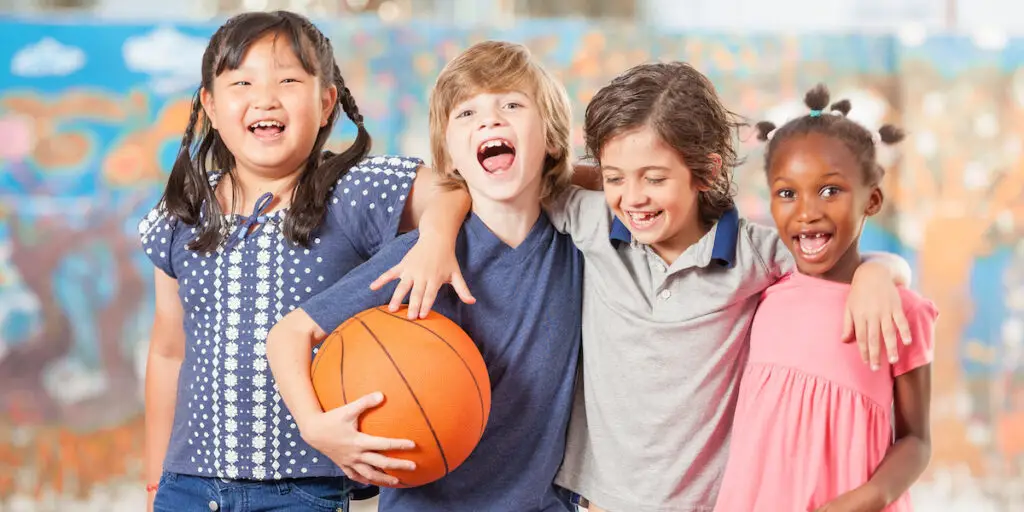Children who learn to play well with others at pre-school age tend to enjoy better mental health as they get older, new research shows. The findings provide the first clear evidence that ‘peer play ability’, the capacity to play successfully with other children, has a protective effect on mental health.
Researchers at the University of Cambridge analyzed data from almost 1,700 children, collected when they were aged three and seven. Those with better peer play ability at age three consistently showed fewer signs of poor mental health four years later. They tended to have lower hyperactivity, parents, and teachers reported fewer conduct and emotional problems, and they were less likely to get into fights or disagreements with other children.
Importantly, this connection generally held true even when the researchers focused on subgroups of children who were particularly at risk of mental health problems. It also applied when they considered other risk factors for mental health—such as poverty levels, or cases in which the mother had experienced serious psychological distress during or immediately after pregnancy.
The findings suggest that giving young children who might be vulnerable to mental health issues access to well-supported opportunities to play with peers—for example, at playgroups run by early years specialists—could be a way to significantly benefit their long-term mental health.
The study was published in Child Psychiatry & Human Development.
Source: MedicalXpress
https://medicalxpress.com/news/2022-06-pre-school-friends-lowers-mental-health.html
Find more culture news on HomeWord’s Culture Blog, named in 2022 for the seventh consecutive year, as one of the top 50 culture blogs on the planet!




